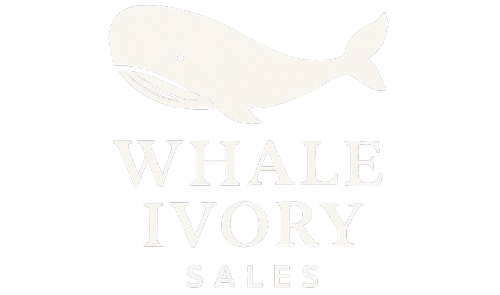Uncategorized
Welcome to the Wonderful World of Whales! – Antigua Observer Newspaper
Whales are an interesting and unique group of marine mammals that collectively call the oceans their home. Whales, dolphins, and porpoises, collectively known as cetaceans are not related to fish in any way! Like us, and other mammals, they have lungs, breathe air, are warm blooded, and nurse their young. All cetaceans are split into 2 groups- toothed whales and baleen whales. Baleen whales, like the gigantic 100-foot Blue whale, use very fine keratin “teeth” to filter small crustaceans like krill, plankton, and even very small fish out of the water and into their stomachs. Toothed whales, like dolphins or Sperm whales, feed on fish, squid, octopus, and even eat other whales!
Whales can be found in every part of every ocean around the world. They can be found from the frigid Arctic and Antarctic Oceans, to right outside our own beaches here in Antigua and Barbuda. Locally, we have had sightings of Humpback whales, Sperm whales, Killer whales, and several species of dolphins including Bottlenose, Atlantic Spotted Dolphins, and Pantropical Spotted Dolphins to name a few! It is important to note that all species of cetaceans are protected locally under the Environmental Protection and Management Act, 2019 (EPMA, 2019).
So why are whales important?
Whales are known as ecosystem engineers. They help to build healthy marine ecosystems through a phenomenon known as, “the whale pump”. Whales feed at various depths, with the deepest recorded dive being at an incredible 2,992 meters! When they dive, they feed at depth then return to the surface to “release” their nutrient-rich waste. Those nutrients would otherwise be lost deep in the ocean and take centuries to re-circulate to the surface. Their waste actively promotes healthy plankton blooms, which are essential for producing oxygen (with oceans responsible for 50% of the Earth’s oxygen) and feeding small crustaceans. These crustaceans, in turn, nourish larger fish, contributing to the healthy fish stocks that we rely on globally. These nutrients are equivalent to manure that farmers use to grow healthy crops and differ from the nutrients generated from industrial fertilisers, that cause algal blooms and eutrophication that destroy ecosystems like coral reefs.
Whales have also been shown to help regulate climate change by acting as carbon stores. They do this by locking away excess carbon from the environment in their bodies. Large cetaceans (10 meters and above) that live for almost 100 years can store the equivalent of 30,000 trees worth of carbon! When they die of natural causes, their bodies sink to the deep ocean floor where that carbon they stored gets locked away for thousands of years. When whales are hunted, and their bodies brought onto land, that carbon is much more quickly released back into the atmosphere.
On the other hand, whales are also important for the tourism industry. Globally, they directly contribute to $3 billion USD through sustainable tourism. Even our neighbour, Dominica, has led the Caribbean in sustainable use of their local population of whales, committing to creating the first Sperm whale Reserve in the World! Whale watching for them generates an average of 2 million USD a year as of a 2008 study.
Why does the protection of whales internationally affect us?
Whales fall into a larger group of marine organisms that are globetrotters. They are migratory, like sea turtles, sharks, and many species of pelagic fish. These animals are unaware of island or country borders, and are a testament to the inter-connected nature of our planet. Without regional or international protections, even the best local efforts to sustainably manage our resources will ultimately fall short. This is not just a question about conserving whales. ANY activity, beyond the economic exclusive zone (EEZ) of Antigua and Barbuda and our national borders, will ultimately affect the people of Antigua and Barbuda, whether the issue is about climate change or diminishing fish stock. If we have no control or say in what happens on the High Seas, our fisherfolk will be the ones struggling against commercial fishing vessels outside our national borders removing hundreds of tonnes of fish per day. Our tourism industry will also decline without turtles or whales to draw visitors to our beautiful island, and our environment will face the harsh impacts of climate change with no one stepping up to take responsibility.
International issues like these directly affect us and we need to pay attention to what happens at the international stage and how our voices as Antiguans and Barbudans are heard and represented. What we need now is not international condemnation because of an attempt to re-establish commercial whaling. We need more energy and effort dedicated to ratifying agreements like the High Seas Treaty, that will actually give countries like ours the tools we need to ensure we can protect these magnificent creatures so that they are around for future generations.
See author's posts
The Daily OBSERVER newspaper is the flagship company of the OBSERVER Media Group which now goes under the banner of NewsCo Limited. NewsCo includes Observer Radio 91.1 FM, HITZ FM, antiguaobserver.com and Observer Publications.
Contact us: [email protected]
© Newsco Limited 2022

